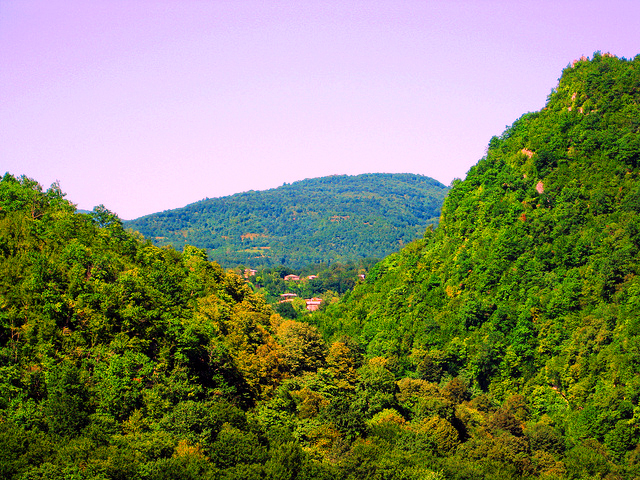Why Is My Blood Pressure Higher in the Morning?
If you monitor your blood pressure at home, you may notice that your pressure is usually higher in the early morning. This is normal because your blood pressure has a normal variation that follows your body’s biological clock, also called your circadian rhythm. Blood pressure is higher a few hours before and after waking up. It peaks at about midday, drops in the evening, and is lowest during deep sleep, called your nocturnal blood pressure.
Some people have a higher increase in morning blood pressure, called a morning blood pressure surge (MBPS). It is known that most strokes, heart attacks, and sudden deaths occur in the early morning, so for several years researchers have been trying to find out if MBPS is a risk factor for cardiovascular disease (strokes and heart disease). The research has not been conclusive, but it seems to suggest that there is a slightly higher risk, especially for stroke, that increases as MBPS increases.
What Causes Morning Blood Pressure Surge?
A small rise in blood pressure, up to a 10-point increase in the upper (systolic) number occurs as a reaction to you waking up and getting up and moving. This bump in blood pressure is caused by your sympathetic nervous system. Also called your autonomic nervous system. It controls body functions you don’t think about, like your heart rate and blood pressure.
Even though there are lots of studies on MBPS, there are no firm guidelines on how to diagnose it. Most studies consider MBPS as a rise in blood pressure that occurs within 2 hours of waking and increases blood pressure more than 10 points. Some studies define it as increasing blood pressure by 20 or more points.
For someone who has already been diagnosed with high blood pressure, a common cause is blood pressure medication wearing off during the night, causing a spike in the morning. Most people with high blood pressure take their medication in the morning. For these people, the treatment for MBPS may just be to switch to a night time or longer-acting medication.
For people without a diagnosis of hypertension, the cause of MBPS is unclear but may be due to several risk factors that include:
- Old age
- Obstructive sleep apnea
- Kidney disease
- Diabetes
- Thyroid disease
- Night shift work
- Smoking
- Drinking alcohol
- Obesity
- Physical or emotional stress
Best Time of Day to Take Blood Pressure
If you are taking your blood pressure at home, the American Heart Association does not recommend any best time to take your blood pressure, but they do say you should take it at about the same time each day. If you take it in the morning, take it before you eat, drink coffee, take any medication, or do any exercise.
Review our instructions on how to accurately take your blood pressure at home and keep track of readings with a blood pressure chart.
If your doctor wants you to check your blood pressure at home, you will probably be asked to take your blood pressure twice each day and record the readings in a blood pressure journal. Let your doctor know if you have a morning blood pressure that is 10 points above your daytime blood pressure. Let your doctor know right away if you have any blood pressure of more than 180/120. This is a dangerous level of hypertension.
Learn more about blood pressure levels.
Is Morning Hypertension Dangerous?
Although the normal increase in morning blood pressure is not dangerous, studies seem to suggest that if you have a significant rise in blood pressure during the night and morning, you could be at higher risk for cardiovascular disease.
If your doctor is concerned about the amount your blood pressure goes up in the morning, you may need to have 24-hour blood pressure monitoring, since it is also important to know what your blood pressure is doing during sleep and the rest of the day. Treatment may include controlling other risk factors like smoking, stress, or obesity, or starting medication to control your blood pressure safely.
The post Why Is My Blood Pressure Higher in the Morning? appeared first on University Health News.
Read Original Article: Why Is My Blood Pressure Higher in the Morning? »


